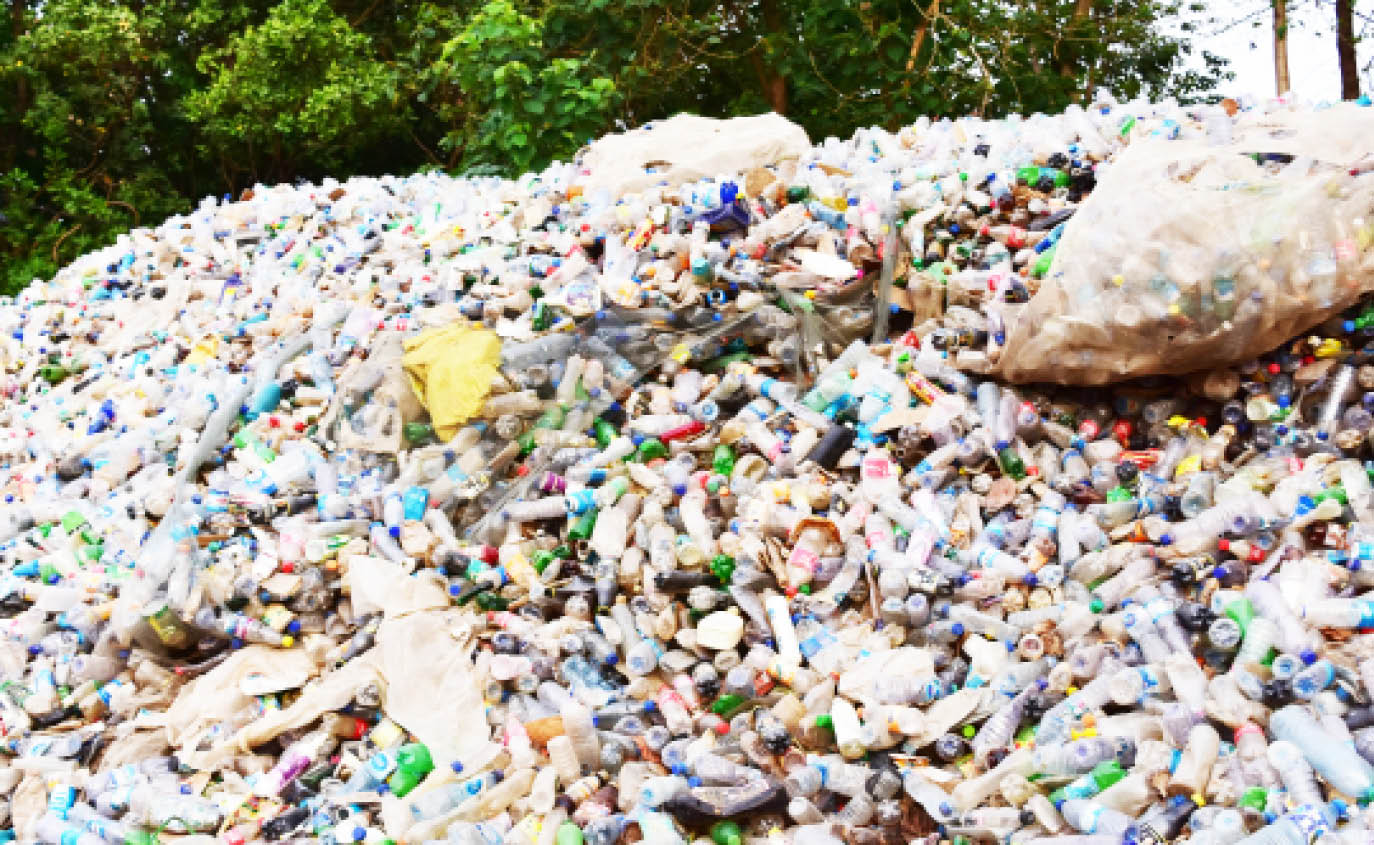Plastic consumption in the West African region is projected to hit 12,000 kilotons by 2026.
A World Bank Group and the Black Forest – supporters of West African regional action on plastics management and circular economy – made the projection at the delocalised meeting of the Joint Committee on Agriculture, Environment and Natural Resources/Energy, Mining/Infrastructure of the Parliament of the Economic Community of West African States (ECOWAS) in Winneba, Ghana.
The sub-region generated 6.9 million tons of plastic waste in 2018 alone, 80 per cent of which was left unmanaged and concentrated along coastal areas.
The group’s representative, Darko Akomeah Kwadwo, said that the situation required stringent regulations and improved waste management and recycling systems, particularly for high-risk coastal areas.
The theme of the joint meeting was, ‘Plastic Waste Management: Challenges and Prospects in Implementing Community Policy’, and one of the panel discussions brought together experts in relevant fields to deliberate on the way forward for West Africa.
Kwadwo said: “In every West African country, over 80 per cent of plastic waste is not captured by waste management systems.
“Nigeria, Cote d’Ivoire, and Ghana lead in total waste generation across West Africa. Economic growth in Nigeria and Ghana is directly correlated with high plastic waste and imports, highlighting economic influences on plastic consumption.”
He said developing existing frameworks in some countries into concrete action has remained the greatest challenge confronting the Sub-region in the collective drive to manage plastic waste.
Overview of different policies and mechanisms introduced by the group include a single-use plastic ban, taxes on the import, export, and packaging of plastics, deposit and refund systems, subsidies for recycled plastics, and extended producer responsibility.
He also said the group support project aimed at helping to establish a comprehensive framework to manage plastic pollution and promote a circular economy (CE) in West Africa; address the escalating challenge posed by the use of plastic occasioned by rapid regional development as well as support the development of a regional action plan for plastics.
The group also came up with interim recommendations such as the need for harmonised and enforced policies, adoption of circular economy models, investment in waste management infrastructure, engaging the private sector and fostering innovations, enhancing research and capacity building as well as supporting public education campaigns.
In his presentation titled, ‘Health impact of plastic pollution in West Africa and plastic waste management within the ECOWAS member states, an environmental expert and trainer from Togo, Mr Nadjo N’Ladon, reiterated the perennial warning that the contact of plastic products with food poses health risks due to the presence of additives in the chemical composition of the plastic product.
“Wastes such as sachets already contain recycled materials and as such, should not be used for packaging food, especially with hot food which melts the plastic and mixes it with the food. It can result in food poisoning.
“Furthermore, the practice of incinerating plastic waste at landfills and concessions is a source of toxic emissions, causing cardiovascular and respiratory diseases, cancer, reduced intelligence quotient, causes stunted growth and toxicity to reproductive organs”, he said.

 Join Daily Trust WhatsApp Community For Quick Access To News and Happenings Around You.
Join Daily Trust WhatsApp Community For Quick Access To News and Happenings Around You.

